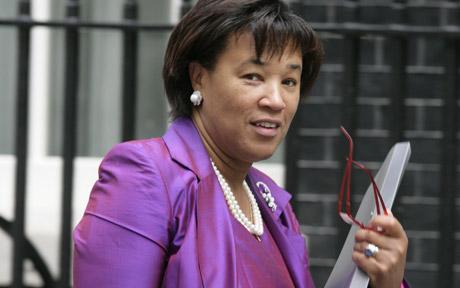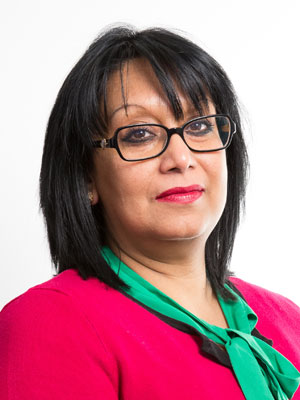Commonwealth: Maybe talk about LGBTI rights in 2018?
Colin Stewart is a 45-year journalism veteran living in Southern…

Commonwealth nations have been unwilling to talk formally about dropping the anti-LGBT laws that remain on the books in 40 of the 53 countries that once were part of the British Empire.
That might change in 2018, says the next secretary-general of the Commonwealth, Baroness Patricia Scotland, who is a citizen both in the United Kingdom and in Dominica, where she was born.
She was named as the next secretary-general on Nov. 27 at the Commonwealth Heads of Government Meeting (CHOGM) in Malta.
She told The Independent that she would “absolutely” be talking to member states about LGBTI rights early in her term in office. But she acknowledged that she might not succeed in getting the topic on the agenda for the next CHOGM meeting in early 2018:
“What we have to accept is that this [decriminalizing homosexuality] is something that will depend on consensus.
“We do not have the right or opportunity to force states, but we can start a really good conversation to work with them so they understand the economic issues in relations to human rights and make the change.
“The one thing I have to do is to build consensus and trust and I can hope it will [be on the next CHOGM agenda].”
LGBTI organizations pushed to have the topic on the agenda for the Nov. 27-29 CHOGM gathering in Malta, but were unsuccessful. Instead, the gathering focused on climate change, extremism and corruption.

However, for the first time in its history, the Commonwealth People’s Forum, held before the main CHOGM gathering, included a discussion of LGBTI rights. A standing-room-only session on Nov. 24 focused on how to “Safeguard the security of all people in all their diversity,” providing “an opportunity to bring together a diverse range of policymakers and LGBTI activists and advocates from across the Commonwealth to investigate the range of policy options available to improve LGBTI equality.”
The session was chaired by Baroness Sandip Verma, the U.K.’s parliamentary under-secretary of state for international development, who said in a video interview that “This is a discussion that needs to be in the main [conference], for everyone, so we’re not just discussing it in isolation.”
A recent report by Kaleidoscope Trust, an LGBTI rights advocacy group, found that more than 90 percent of LGBT citizens in the Commonwealth live in places where they are treated as criminals or suffer discrimination. As The Independent reported, testimony from LGBT people in that report ranged from the struggle to find work in Rwanda to being pelted with stones in unprovoked attacks in Dominica.
Kaleidoscope Trust has demanded that LGBT rights be a “substantive” agenda item at the next Commonwealth summit, scheduled in England in early 2018. Felicity Daly, executive director of Kaleidoscope Trust, said:
“The Commonwealth, as a network of states, institutions and civil society actors, must play a vital role in ensuring equality for all, regardless of sexual orientation or gender identity.”
Related articles
- Protesters seek to end LGBTI repression in Commonwealth (November 2015, 76crimes.com)
- Activists to U.K.: Fight harder vs. global LGBT persecution (June 2015, 76crimes.com)
- Queen honors LGBTI leader seeking change in Barbados (January 2015, 76crimes.com)
- ‘Umbrellas of Love’ for Commonwealth’s LGBT outcasts (July 2014, 76crimes.com)
- India turns back the clock, restores anti-gay law (December 3013, 76crimes.com)



Reblogged this on Fairy JerBear's Queer/Trans News, Views & More From The City Different – Santa Fe, NM and commented:
Not sure if better late than never applies here but let’s say I remain skeptical.